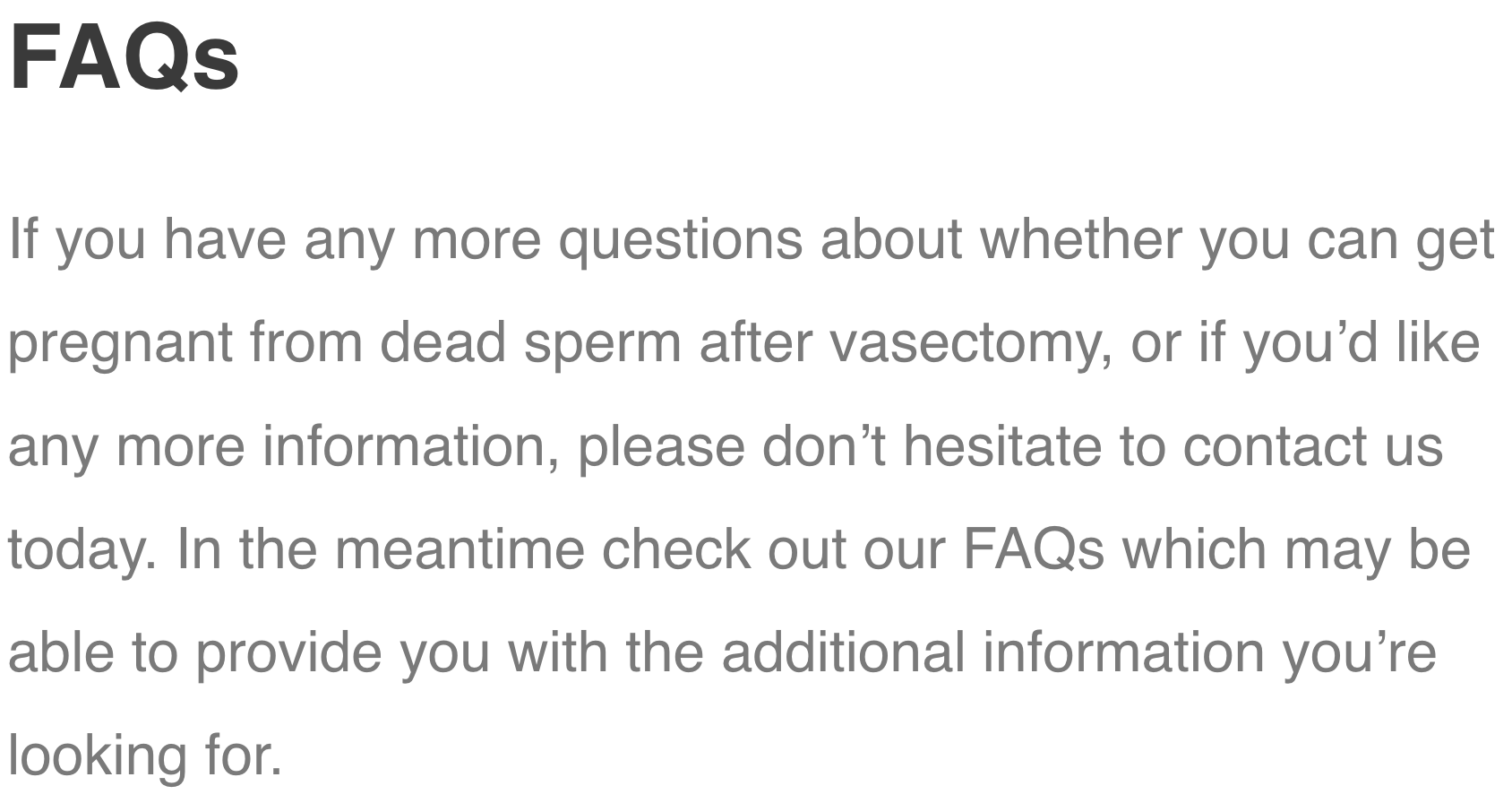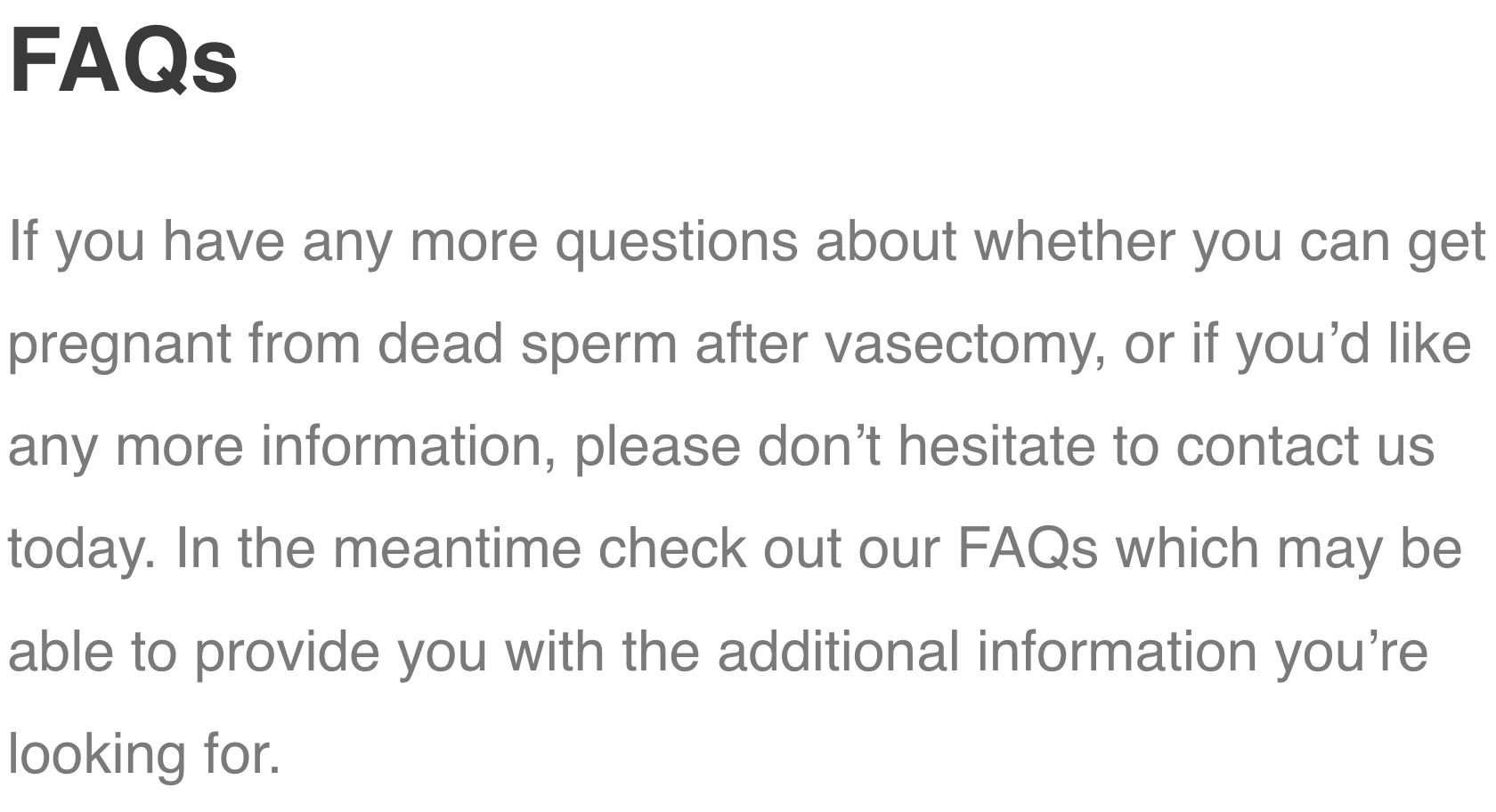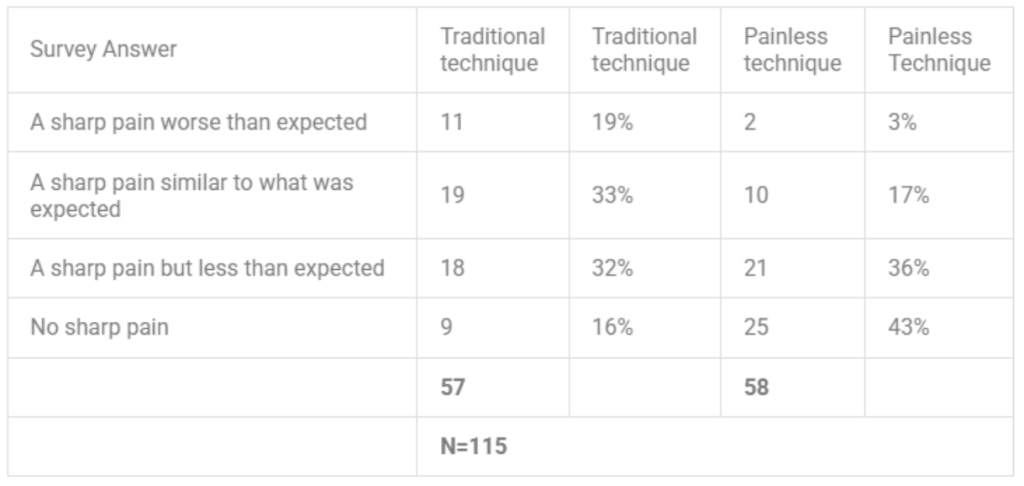Table of Contents
ToggleUnderstanding Contraceptive Methods
Choosing a contraceptive method is a personal decision that depends on your lifestyle, family plans, and health. While many options exist, from condoms to hormonal birth control, not all provide the same level of effectiveness, convenience, or permanence.
What Is a Vasectomy?
A vasectomy is a minor surgical procedure that prevents sperm from mixing with semen by blocking or cutting the vas deferens—the tubes that carry sperm from the testicles. It’s considered a permanent method of contraception and is over 99% effective.
Unlike hormonal methods, a vasectomy doesn’t alter your body’s chemical balance or affect testosterone production. At MSI, we use the no-scalpel, open-ended technique, which is minimally invasive and allows for faster recovery.
Comparing Vasectomy With Other Contraceptive Options
Vasectomy vs Condoms
Condoms are a non-invasive, over-the-counter method that also helps prevent STIs. However, their effectiveness in preventing pregnancy is around 85% with typical use. They require consistent and correct application, which may not suit all couples.
Vasectomy vs Birth Control Pills
Birth control pills are widely used but come with hormonal side effects such as mood changes, weight fluctuations, and increased risk of blood clots. They also require daily adherence, and missed doses can reduce effectiveness. A vasectomy procedure, by contrast, has no hormonal side effects and needs no ongoing maintenance.
Vasectomy vs IUDs
Intrauterine devices (IUDs) are highly effective and long-lasting but require insertion into the uterus, which can be uncomfortable or painful. They also carry risks such as irregular bleeding or device displacement. A vasectomy avoids these complications and is a one-time procedure with no internal devices involved.
Vasectomy vs Tubal Ligation
Tubal ligation is the female equivalent of a vasectomy, but is far more invasive, with a longer recovery time and higher cost. Many couples opt for vasectomy due to its simplicity, lower risk, and shorter downtime.
Advantages of Choosing a Vasectomy
Long-Term Cost Savings
While other methods involve ongoing costs—condoms, pills, IUD replacements— the cost of a vasectomy is a one-time expense. At MSI, the procedure is subsidised by Medicare, reducing out-of-pocket costs significantly.
No Ongoing Maintenance
Once the procedure is complete and confirmed via post-vasectomy testing, no further action is required. There’s no need to remember pills, schedule replacements, or worry about breakage.
No Hormonal Side Effects
Unlike many contraceptive methods for women, a vasectomy doesn’t impact your hormones, mood, libido, or physical health.
Shared Responsibility in Family Planning
Vasectomy allows men to take a proactive role in contraception, balancing the burden that is often placed on their partners.
Addressing Common Concerns
Does Vasectomy Affect Testosterone or Libido?
No. Testosterone levels remain unchanged after a vasectomy. The testicles continue to produce hormones normally, and there’s no impact on sex drive or performance.
Is the Procedure Painful or Risky?
The no-scalpel technique used at MSI minimises discomfort. Most men report only mild soreness and can resume light activities within a few days.
What Is the Recovery Time?
Light walking is usually fine within 48 hours. Most men return to work within a week and can resume full physical activity after four weeks, depending on individual recovery times.
Making the Right Choice
If you and your partner are confident that your family is complete, a vasectomy offers a safe, effective, and convenient solution. It eliminates the need for ongoing contraceptive planning and provides peace of mind with minimal impact on your lifestyle.
However, because vasectomy is intended as a permanent method, it’s important to have a clear, informed discussion with your partner and healthcare provider before proceeding.






How effective is vasectomy compared to other contraceptive methods?
Vasectomy is over 99% effective, on par with IUDs and significantly more reliable than condoms or pills when factoring in typical use.
Can a vasectomy impact my hormones or sex drive?
No. Testosterone levels and sexual function remain unchanged post-vasectomy.
Is vasectomy cheaper in the long run?
Yes. Vasectomy is a one-time cost, unlike condoms or birth control pills, which accumulate expenses over time.
What’s the difference between vasectomy and female sterilisation?
Vasectomy is quicker, less invasive, carries fewer risks, and has a shorter recovery time compared to tubal ligation.
What should I expect in the lead up to my vasectomy appointment?
Before the procedure, most men have a brief consultation where the doctor explains what will happen and answers any personal or medical questions. You will also receive simple instructions about preparation and what to bring on the day. If you would like a full walk through of the entire process from preparation to recovery, our comprehensive vasectomy guide provides a detailed overview.



















